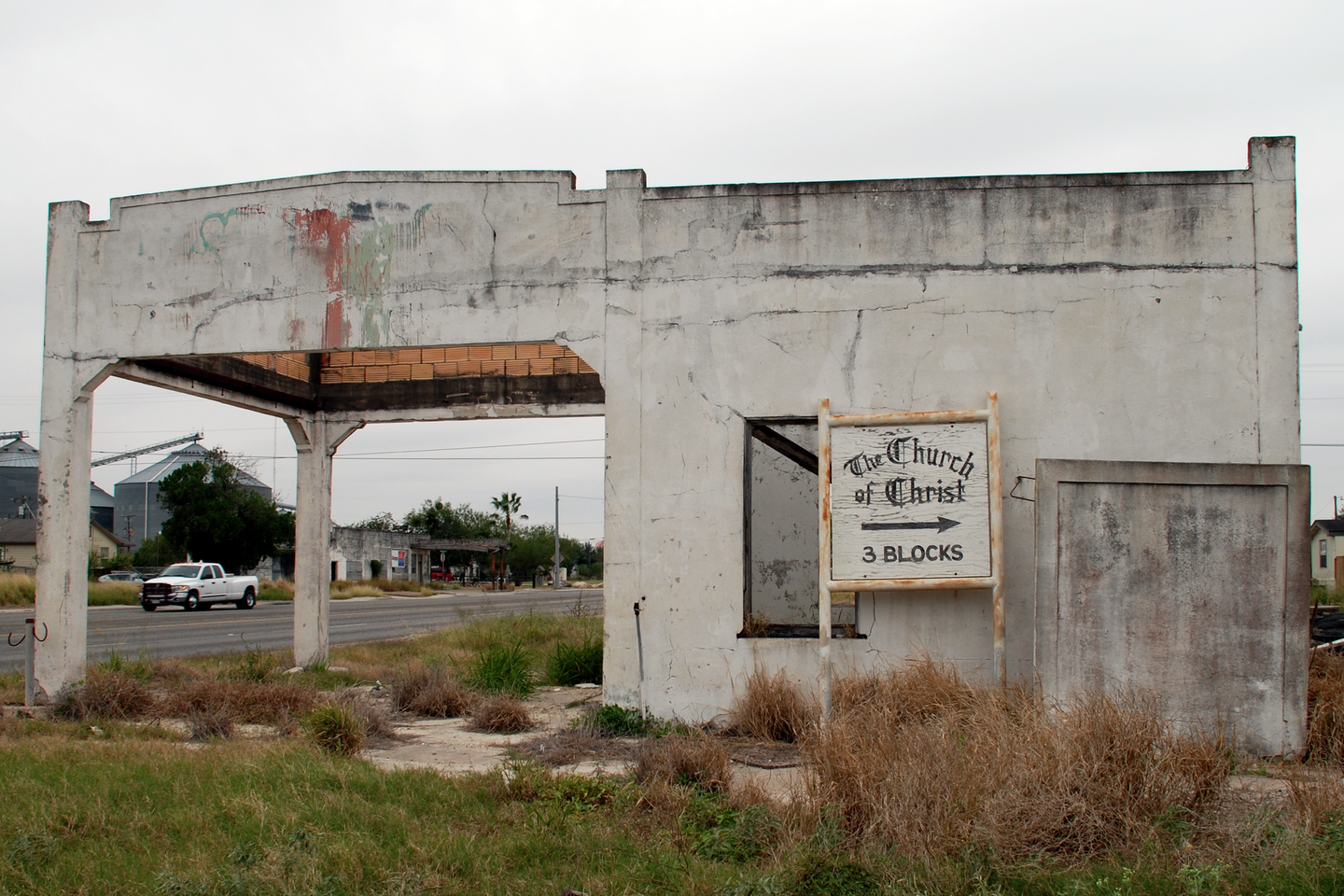[The following comprises a post to X.com in response to a question posed on 15 September 2025 by Jack Wilkie at Church Reset.]
Jack: "If a religious revival really is happening, are the churches of Christ in position to be a part of it?"
William: "Social involvement is just the beginning of what we need. We must raise new leaders and new vehicles for spreading the truth; we need to find Biblically sound allies outside the Restoration movement; but as always, eschew creeds, power, and earthly influence. ...
The story of the churches of Christ from their split from the Mahoning Baptist Association until World War II is the story of the American yeoman farmer and his community. The decline of the one brought down the other, but if God is willing, we will recover.
The trend set by the Campbells (not so much Stone) within the churches of Christ was highly cerebral. The ideal convert was an educated farmer who had downtime to read. The influencers during the earlier eras of the Restoration Movement were elder bishops like the Campbells and David Lipscomb. Lipscomb’s namesake school was founded to turn aspiring farmers into Biblical scholars. The vehicles for communicating doctrine in these times were newsletters and journals.
Lipscomb died in 1917, at the dawn of radio. Broadcasting changed the nature of worship, conversion, and church growth. Churches of Christ initially grew in this new era; but the popularity of the written word suffered, and the influence of elder bishops waned. Men like H. Leo Boles, Foy Wallace, and Batsell Barrett Baxter never achieved what Campbell, Lipscomb, and their contemporaries had. The spotlight passed to showmen like Athens Clay Pullias and Ira North.
A postwar spike in church growth brought a new generation of converts and leaders into the church. Lipscomb’s antipathy toward government was discarded entirely. At centers of influence in the Bible Belt, church leaders became aware of their political influence. Baxter campaigned locally against John F. Kennedy in the 1960 Presidential election. As energy and media empires began to spread across the South, the region turned affluent. These trends coincided with the mid-20th-century political consensus across the country, and across party lines.
By the 1990s, the churches had fully bought into this political consensus. Baxter died in 1982; Willard Collins in 2007; Harold Hazelip in 2022. These were the last leaders from the radio broadcasting era of church growth. The generation of leaders who replaced them have been less sectarian, but also less committed to the Restoration plea. These were willing to build their careers on the foundation of the churches of Christ, yet were notably disloyal to the very idea of primitive Christianity. Influence focused within the churches faded, and into this vacuum stepped political and corporate power.
From the first sparks of the Restoration, the churches of Christ have been autonomously governed. As long as there were leaders to guide us, we elevated their Spirit-led teachings above those of “the denominational world” and secular institutions. Those men passed long ago, and have not been replaced.
Furthermore, however biblically grounded, autonomous government comes at a cost of poverty for the smaller churches and a lack of centralized revenues to sustain all congregations. America’s post-industrial economies have aggravated the effects of the dependence on local contributions. This tempts church government and individual leaders to avail themselves of the revenues from external sources with a political agenda.
In my opinion, church leaders have not been able to resist drawing from those sources, even if the result was to corrupt their Sunday messages or even their local governance. This problem has been magnified at the church-affiliated colleges and universities upon whom congregations rely for preaching and teaching talent. Indirectly if not directly, the churches are now culturally and doctrinally dependent upon the government, NGOs, and corporate media in ways that would have shocked church leaders of a century ago.
Because of the above, truth-seeking members of the churches of Christ, which remain autonomous, must rely upon the Spirit working among them at the local congregational level. They must again “purge the Temple” of those doctrines that shift authority from the Spirit speaking through the Bible, to institutions that today are captured by literal demonic influence. Where we find likeminded allies among the denominations, we can set differences aside and work with them, always bearing in mind that God’s Word, not the world, must ultimately govern our choices."

